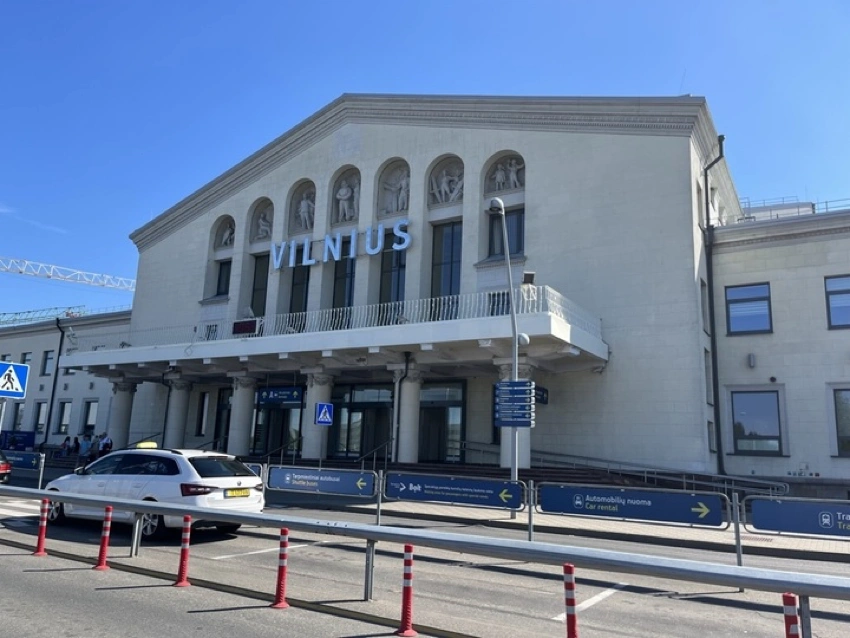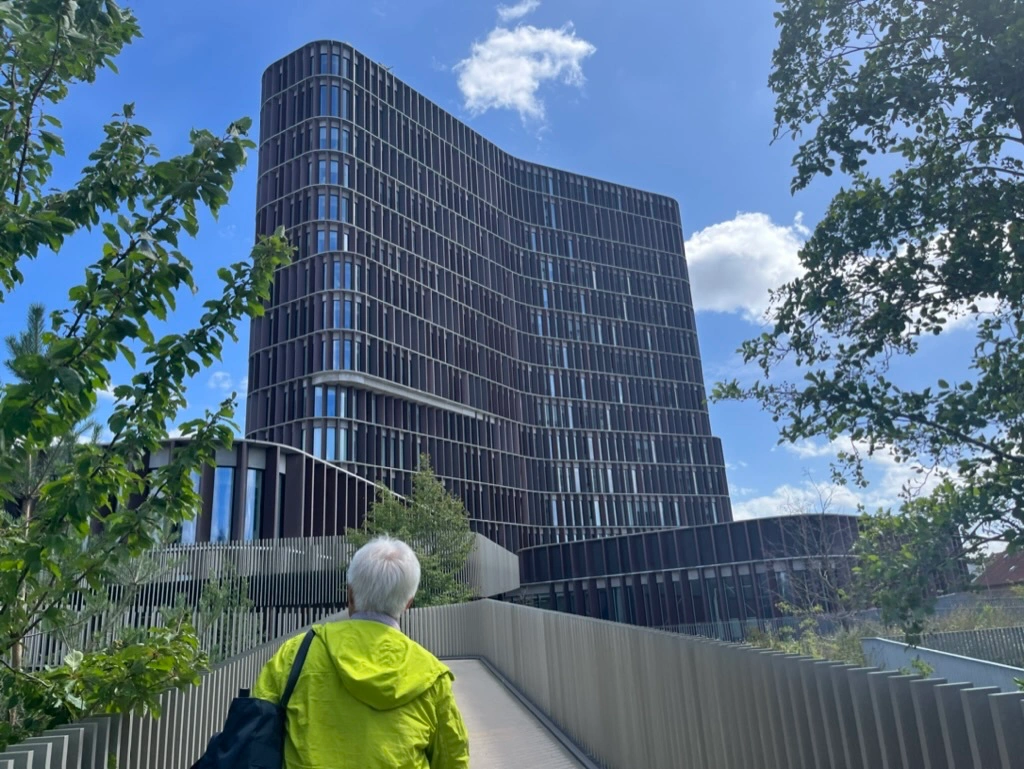Since the pandemic subsided, COGNANO has been doing several overseas business travels. Due to the Ukraine war, the route was detoured and the flight was long. Reading books in the dark is tiring, so I decided to watch a movie series instead. I noticed that there was a six-episode franchise titled “Mission Impossible”, and I was able to watch it through in one flight. It is unusual to watch a series for more than ten hours. However, contrary to my expectations, I did not get bored with it at all, which surprised me. This time I tell this story.

The story is about the main character, who is an agent of the “Impossible Missions Force”, confronting an evil organization, being forced into a desperate situation, and finally reversing with his companions to save the world. Crisis looms over and over again, living up to the quite difficult situations. After watching about three episodes (i.e. at eight or nine hours of the flight), one could realize that all the scenes were repetitive.
- Basic scenes are combination of chasings and escaping using transportation such as an airplane (helicopter), car, and motorcycle, with shootouts with the villain.
- Cryptographic secrecy requires a password, and cannot be hacked unless somebody directly asks for it (so even though it is a modern story, the adversary needs torture, and the ally needs classic techniques such as disguise).
- Even the omnipotent main character needs companions, and the mission can be accomplished only when team members supplement their special abilities (however, unexpected betrayal cannot be ruled out).
The excitement comes from situations where the main character is cornered. Is it the enemy's cruelty? A betrayal relationship? Jumping from heights? Bike or car speed? Fortress infrared sensor? No, these will not keep your heart pounding.
The biggest factor is "lack of time". What drives excitement is “the lack of time before something decisive happens.” We must stop it before something destructive happens. However, there is no time to negotiate. Even though I know this situation is fiction, I never get tired of it. Filmmakers often place their protagonists in difficult situations, which means setting a "time constraint". In order to visualize the time limit, settings such as time bombs, time limits for killing hostages, and not being able to breathe underwater are often used. Destruction is approaching moment by moment, and you realize that your survival is in jeopardy. I cannot stop pounding every time. It is enough to make you forget about the boredom of the flight.
Fate is a time limit. Although the world is full of troubles, the biggest issue is not human relationships, physical obstacles, or financial difficulties, but rather time constraints. This is in sync with the human experience that “when time comes, most possibilities disappear”. Perhaps we are born with an innate sense of time. Humans perceive the past and future as if they existed and perceive the world as almost real through memories and fantasies (whether it is just a fantasy, we believe that it exists). We are afraid that the world will collapse, and sincerely hope that it will continue peacefully... Just like cats do not get tired of hairball play, we all will never get used to "time constraints”.


No one can escape from the urgency of "Unavoidable Situation" ✖️ "Time Limit”. In movies, the moment you think, “I can't escape!”, the hero avoids it just in time, which gives you a refreshing feeling as if he had saved your life. Therefore, there is great value in “avoiding Armageddon”.
Nowadays, the importance of "avoiding catastrophe" that I have mentioned here may be common to the reason of the urgent need for anticancer drugs. In COGNANO we are currently testing anticancer drugs one after another against eight types of cancer for which there is no effective treatment (including triple negative breast cancer, pancreatic cancer, bile duct cancer, small cell lung cancer, and some brain tumors).
As a first step, we have begun developing an anticancer drug for triple-negative breast cancer in collaboration with Osaka University and Kyushu University and with thankful support from Osaka Prefecture. At least millions of people around the world die each year from cancers that have no cure. All diseases are human challenges, but what they have in common is:
- It is a disease that affects relatively young people,
- In principle, drug discovery is difficult because there are no biomarkers,
- Doctors have no choice but to tell patients that there is no treatment.
This is the absolute suffering of the human world.
When you get cancer for which there is no treatment, the “Unavoidable Situation” ✖️ “Time Limit” must be more than patience. For people with these diseases, the world is about to end. Ignoring the impending doom for a patient is a problem even for those who are not sick, as it concerns “how to live in this world.'' These diseases (cancers for which there is no treatment) affect 10 million people out of the 7 billion people in the world.
COGNANO's biomarker discovery is just an elemental technology. Unfortunately, COGNANO alone cannot deliver medicine to the bedside. We need partnerships, capital contributions, and government advice and support. And above all, being on the same side as the patient. There is something wrong with the current situation where it takes 1 billion USD and 10 years to develop an expensive drug.

The movie teaches that “you can only do so with the help of your partners”. Ah, that is completely right and that is why I have sat on the plane for a long time today. COGNANO's mission is on a long journey, but it is possible. So far, we have worked with a small number of international volunteer experts, but from now on we will have to be open to find committed allies and to be understood by society.
Our technology is based on the industry's first large dataset composed of labeled antibodies, so it will likely take some time for bio researchers and the pharmaceutical field to apprehend it. Instead, more and more people from other industries, especially the IT engineers, are becoming interested. I have no choice but to proceed and endure the road.
On this flight, the hero luckily survived in every scene and my expectations are high that that he will also succeed in "avoiding ruin" in the next movie as well. I would really like to check it out on my next flight. I would like to finish this blog post by informing you that I am already looking forward to my next mission.
— This English version is edited by Patricia Barbosa Lopez and Dr. Kimio Fujii